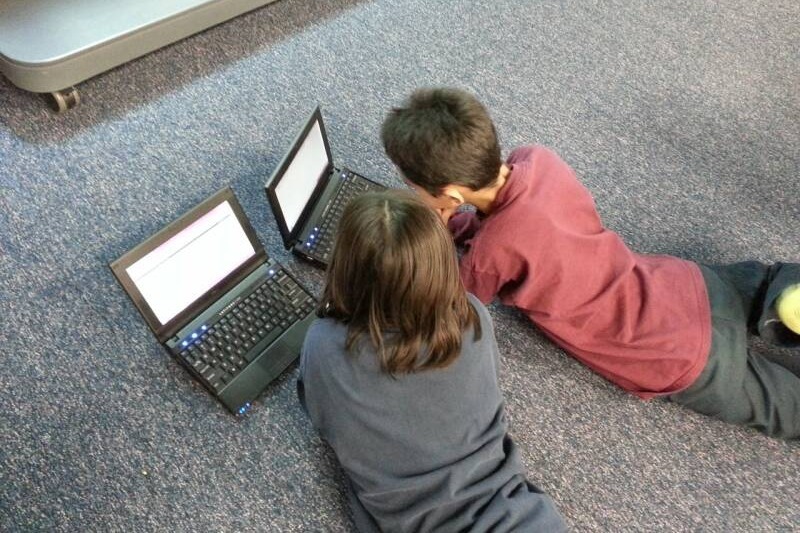Stakeholder engagement is ‘crucial’ to the impact of applied research taking place at the Centre for Child Protection. Written by Dr Ann Kinzer, Impact Officer, Research Excellence Team.
The University of Kent’s Centre for Child Protection (CCP) was founded in 2012 by Professor Jane Reeves and Professor David Shemmings as a Centre of Excellence for child protection simulations. Since November 2020 it is under the leadership of Dr Tracee Green.
CCP has developed two simulation suites to date. First, the ‘Rosie Suite’ (‘Rosie1’ 2011, ‘Rosie2’ 2012 and ‘Rosie myCourtroom’ 2016), provides immersive training tools designed to improve knowledge and practice with professionals, parents and young people around complex child protection issues including sexual abuse, neglect and work within the family courts. Second, a ‘Grooming Suite’ (‘Zak’ 2013, ‘Lottie’ 2014, ‘Behind Closed Doors’ [BCD] 2016, ‘Crossing the Line’ 2019) was designed to tackle extremism, radicalisation, exploitation, grooming, gangs, knife crime and internet safety across the UK with professionals and adolescents.
A Childline campaign using Lottie (2018) had 2.25 million visits and increased children contacting Childline about grooming.
Since the development of Rosie1 – the very first of this type of interactive training for child protection workers – the Centre for Child Protection has been commissioned by, and worked with, numerous stakeholders, including Kent Police, NHS, NSPCC, Childline, Cafcass and the Home Office, to create relevant simulations meeting current demands and targets within child protection. Through focus groups, user feedback, evaluations undertaken by CCP, additional research and material gathered from inter-professional data sets, CCP continuously aims to improve existing software and its overall approach to take the centre forward globally. Dr Tracee Green commented: ‘Stakeholder engagement is crucial for us to disseminate our work and impact the life of young people, helping them keep safe and to support adults being able to do so.’
CCP is continuously working on reaching out to anyone involved in child protection. They do so, for example, through social media (incl. Instagram, YouTube, Facebook and LinkedIn), conferences, free webinars and their mailing list and MOOC. Some of their students on the MA programme – many of which have longstanding experience working in industry – have also worked with KMTV on presenting their MA dissertations in 5 minute videos that are available to the public.
In 2020, CCP in a strong partnership with Professor Reeves, was awarded £500k by UNICEF to collaborate on designing preventative education, online simulations for children and professionals in Thailand and Cambodia, where much online sexual abuse material of children originates. This work is expected to extend to South Africa in 2022. In addition, Professor Reeves has partnered with CCP recently to start work with the Lawn Tennis Association (funded by Sport England) tackling the grooming of children and adolescents in sport. Under the leadership of Dr Tracee Green the Centre continues to work towards their next simulation and build on their community service via a series of webinars which have reached over 300 professionals since June 2020.
Would you like to get in touch? We’d certainly be glad to hear from you. For enquiries about simulations and continuing professional development training, please email lssjri@kent.ac.uk. For new student enquiries (including for information on our MA Programme) please email studylssj@kent.ac.uk
The Centre for Child Protection is being led by Dr Tracee Green. Other colleagues that are involved are Professor Jane Reeves, Professor David Shemmings, Vanisha Jassal, Emma Soutar, Dr Aravinda Kosoraju, Isobel Drew and Alice Loving.

